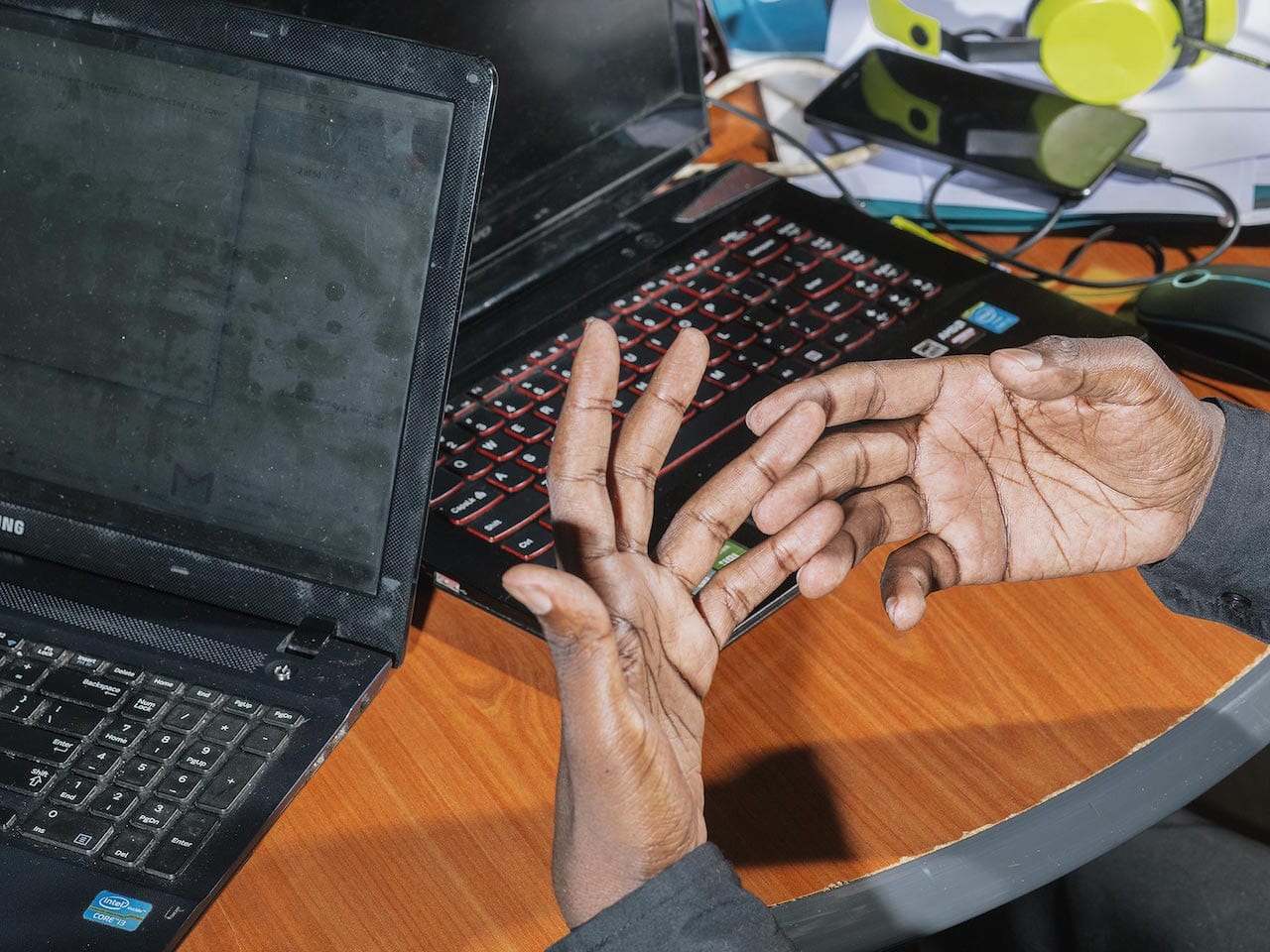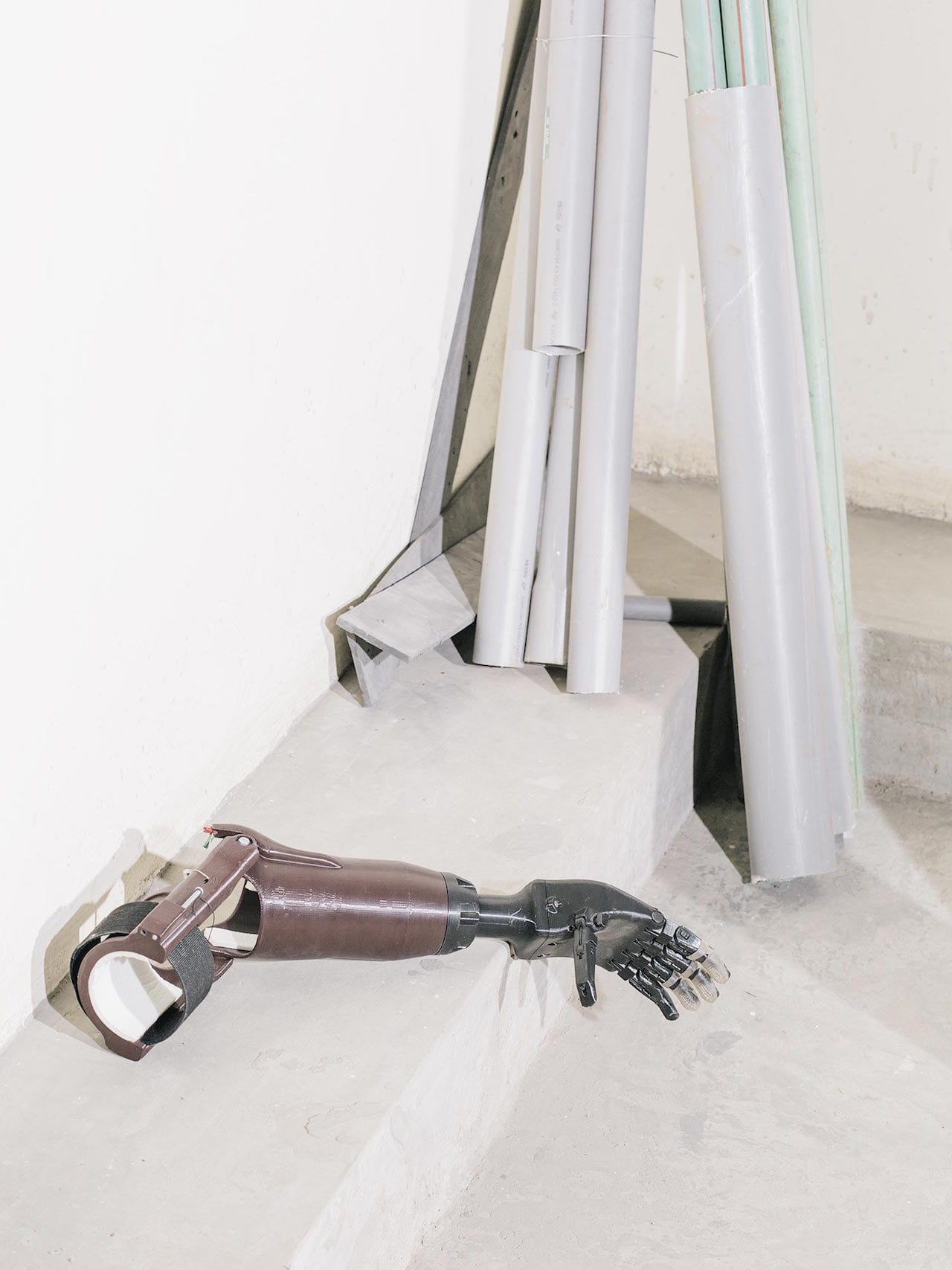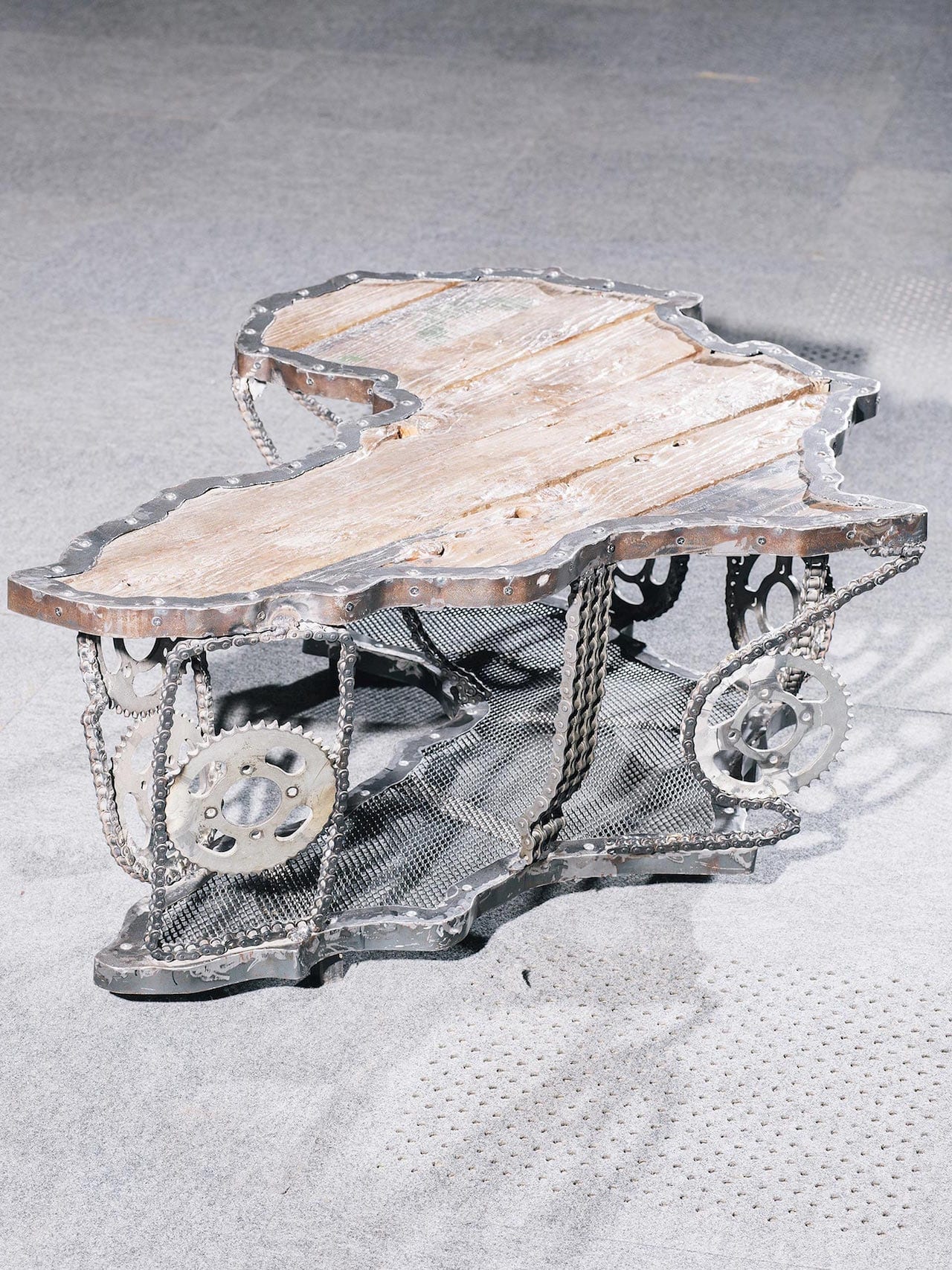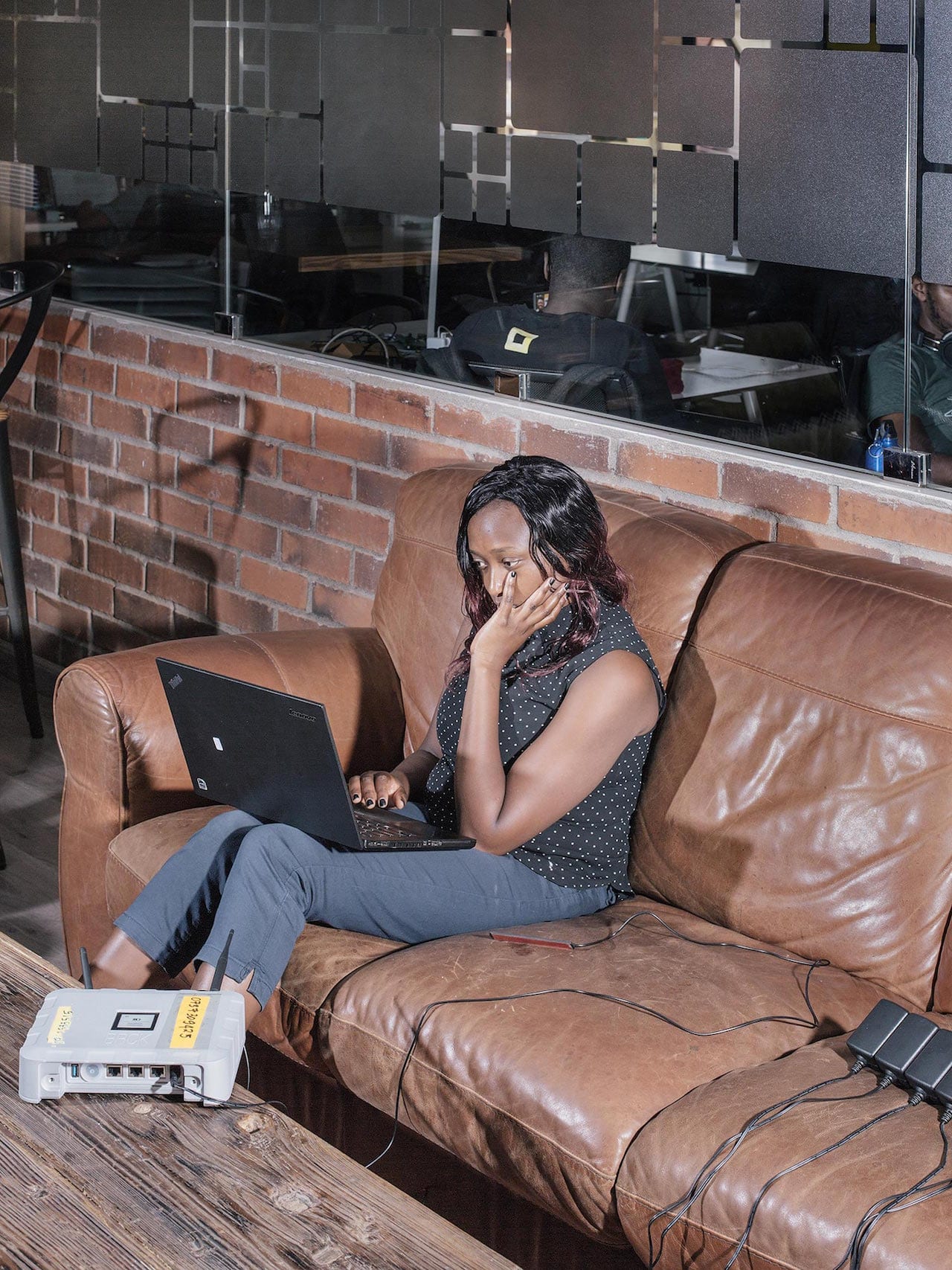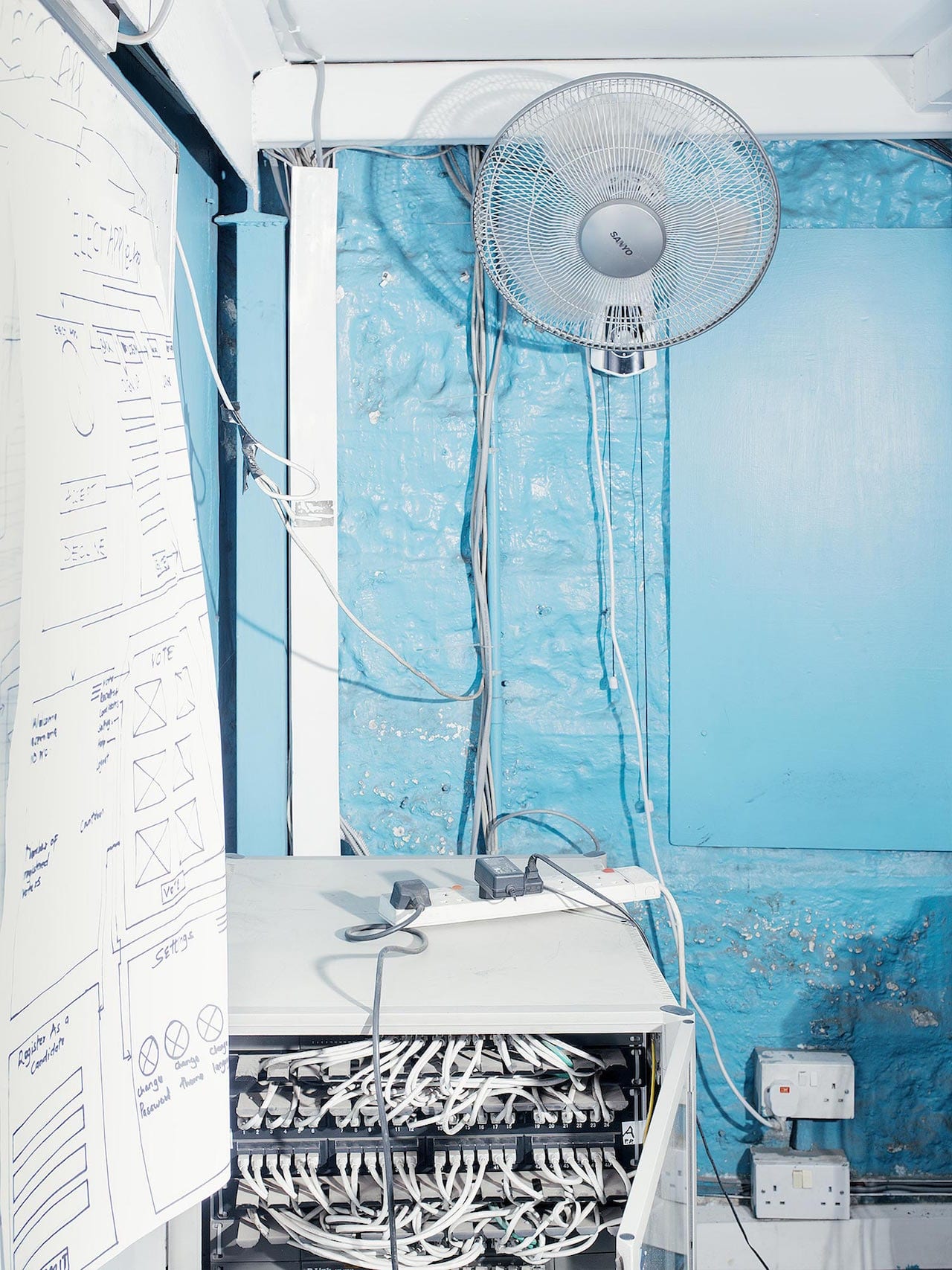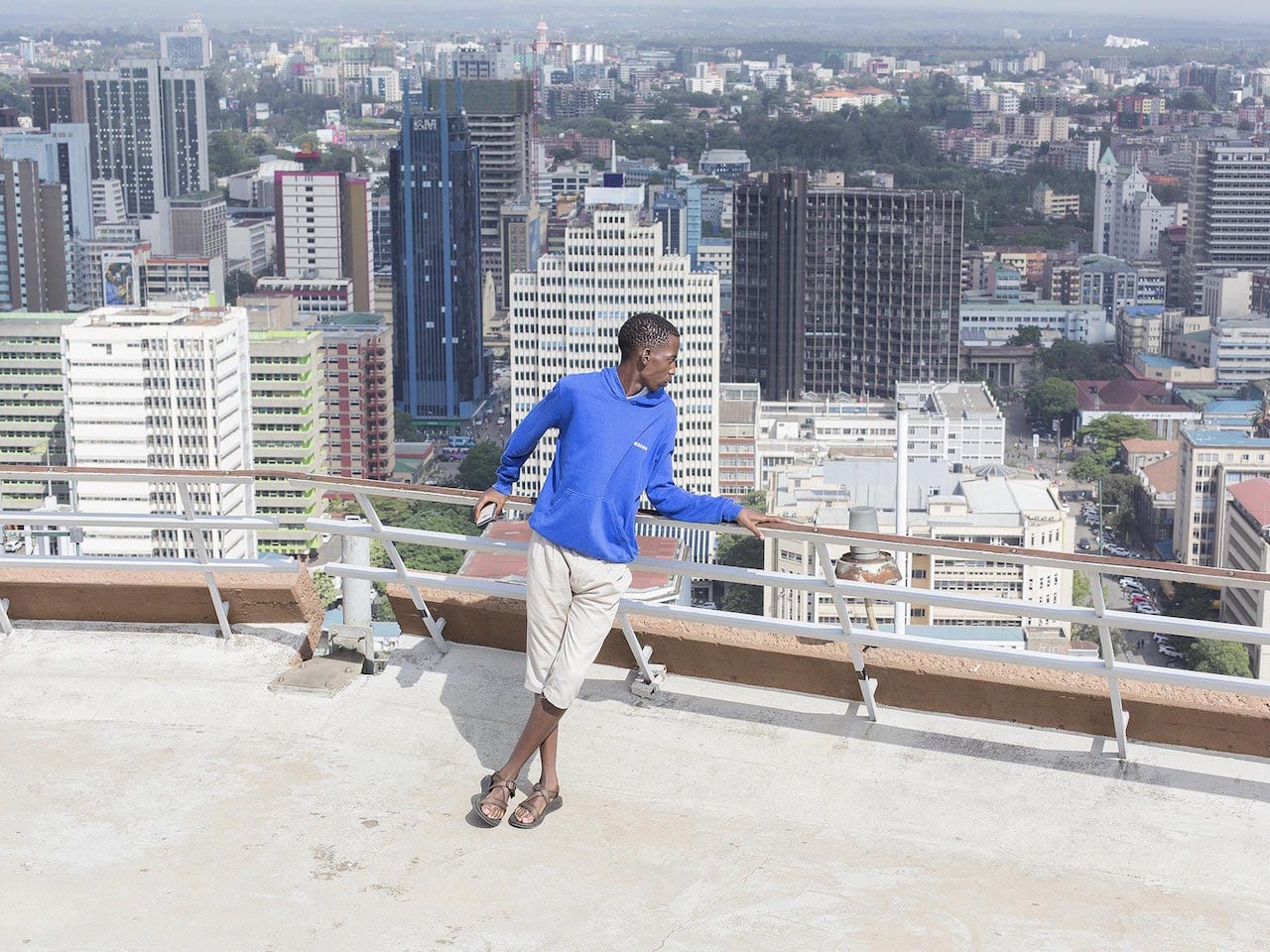Internet penetration in Kenya has grown so rapidly over the past decade that the country has been dubbed the “Silicon Savannah”. In 2009, a submarine fibre optic cable linking Mombasa to the rest of the world was launched, and construction of “Kenya Vision 2030” is now underway – a £11.2bn, 5000-acre technology city expected to create around 60,000 jobs in the IT sector.
Household tech names such as Google, Intel, Microsoft, Nokia, and Vodafone all have a presence in Kenya and, says 27-year-old German photographer Janek Stroisch, “young entrepreneurs are seizing this opportunity as a chance to make change”. “Hundreds of youths have used the internet to launch start-up companies to try to create jobs for themselves,” he adds, “because sadly there aren’t enough to go around.”
Unemployment is a major challenge for young Kenyans, with youth unemployment estimated to be as high as 35%, and approximately 800,000 new workers entering the labour market every year. But, as the Munich-based photographer points out, Kenya’s relatively fast broadband connection has offered an alternative, and his project .co.ke – named after Kenya’s domain name – includes images of 10 young tech business owners.
He’s photographed Roy Mwangi, for example, who at 26 is the founder of AB3D – a manufacturer that creates 3D printers out of electronic waste for schools, universities, and hospitals. “AB3D is very cost-effective; it’s a great example of people creating the best out of what they’ve got,” says Stroisch. “Roy, along with everybody else I met, has incredible self-determination; it was very important to me to make this come across in my images.”
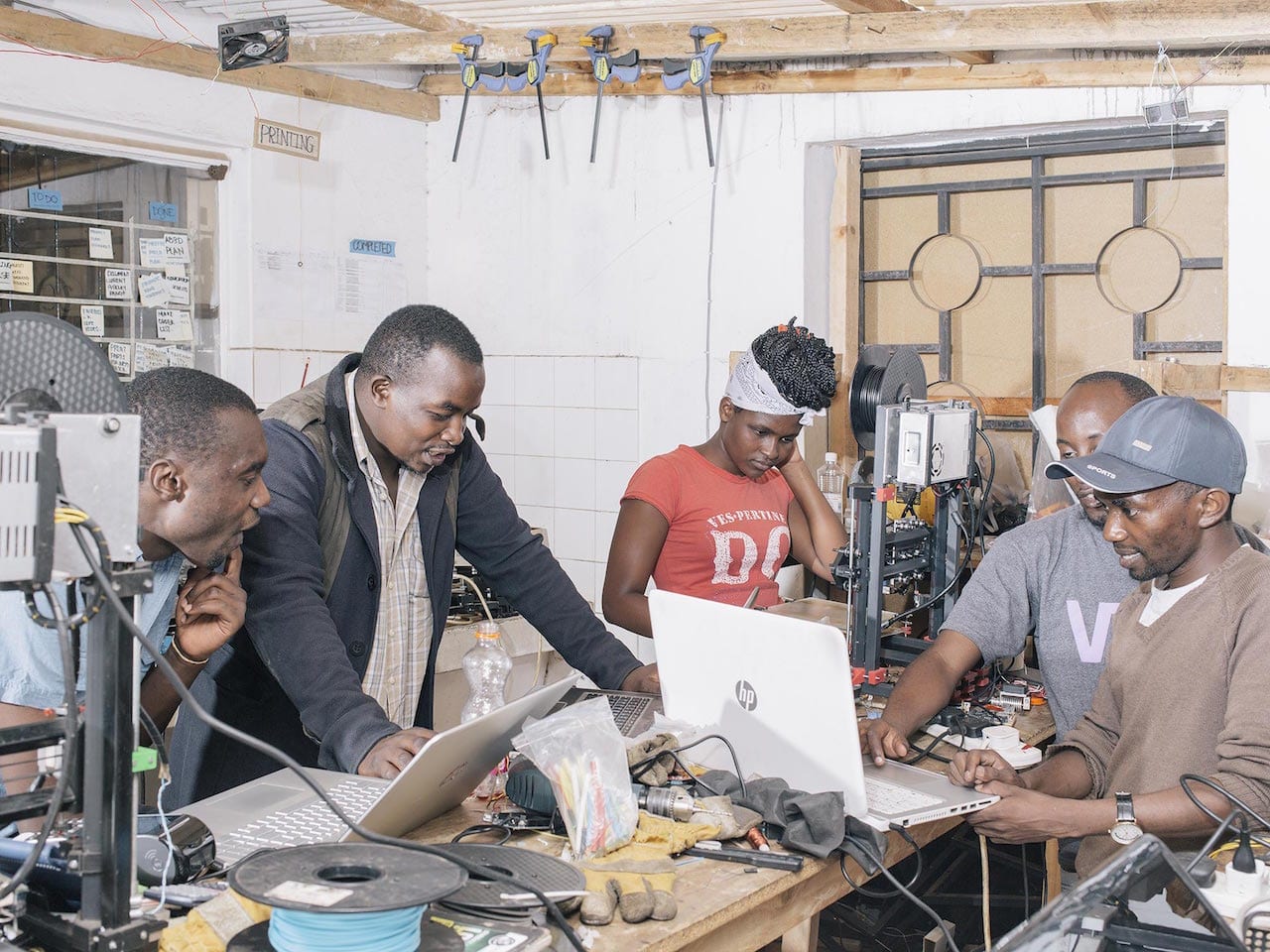
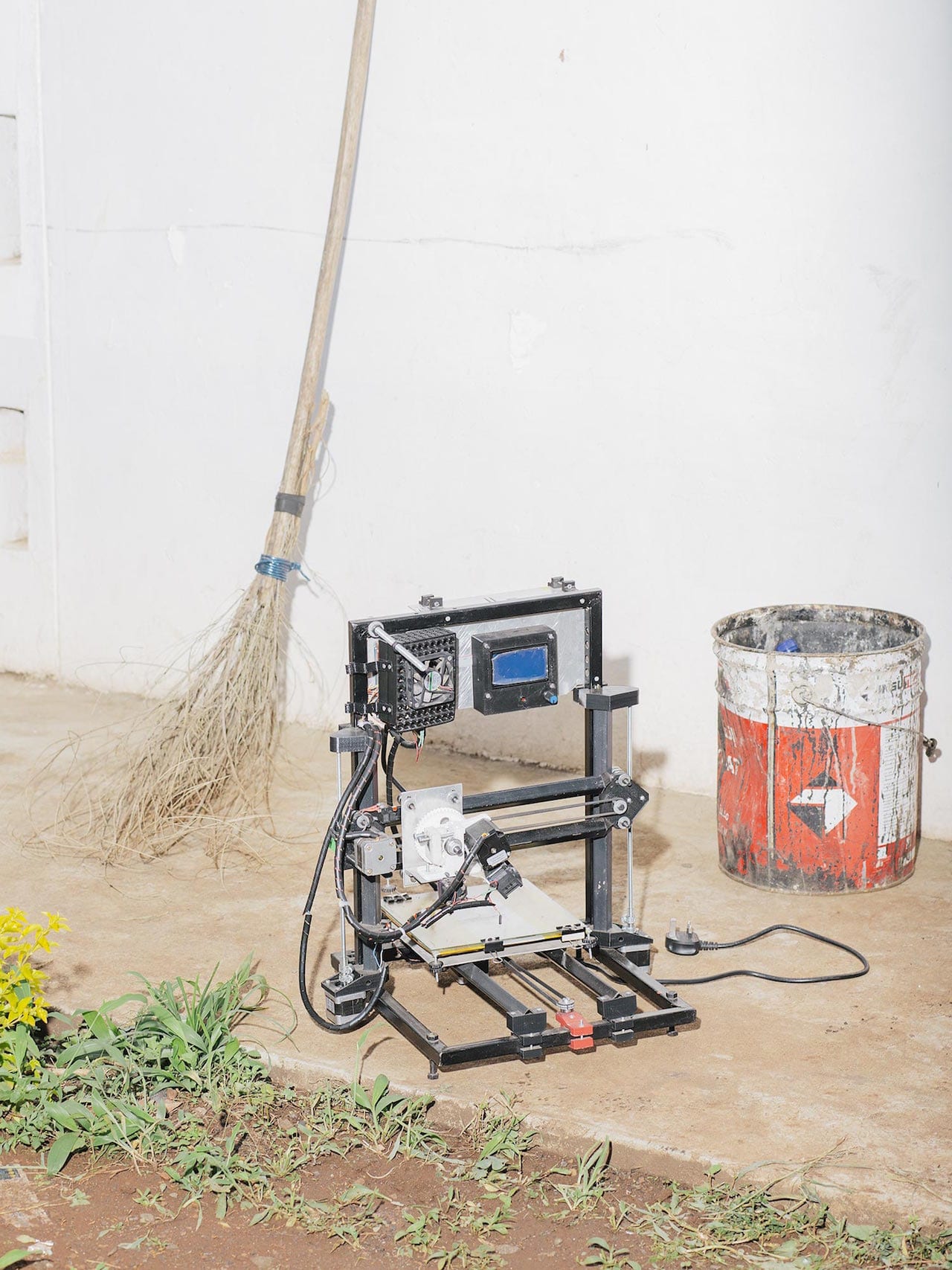
Shot with flash, his series is a deliberate attempt to update Western perceptions of Kenya, and also captures the Western influences that have been encouraged along by the internet boom. Technology has had a major impact in Kenyan society, he says, “with citizens no longer just being seen as victims, but also consumers”.
Stroisch first visited Kenya in 2016 for 10 days, but says he “totally failed” on this trip. “I was trying to contrast the subject of poverty and modern technology, but I soon found out that they intertwine,” he explains. “My first trip acted as a visual exploration to understand the effect that broadband has had on the country; none of the pictures I took then are used today.”
In 2017, funded by a scholarship from Kartographen-Mercator, he went back for two months and got to know some of the young entrepreneurs and their communities. “I came to realise that they were young people like me, who have aspirations just like I do,” he says. “I know that my perception of Kenya isn’t representative of everybody in Kenya, but hopefully it’s a sign of what’s to come.”
https://janekstroisch.de/ .co.ke will be shown at Visa Pour L’Image photography festival in Perpignan in September, alongside work by seven other photographers from Stroisch’s photojournalism and documentary photography course at University of Applied Arts and Sciences in Hanover. Stoisch plans to go back to Kenya later this year to extend the project www.visapourlimage.com/en
